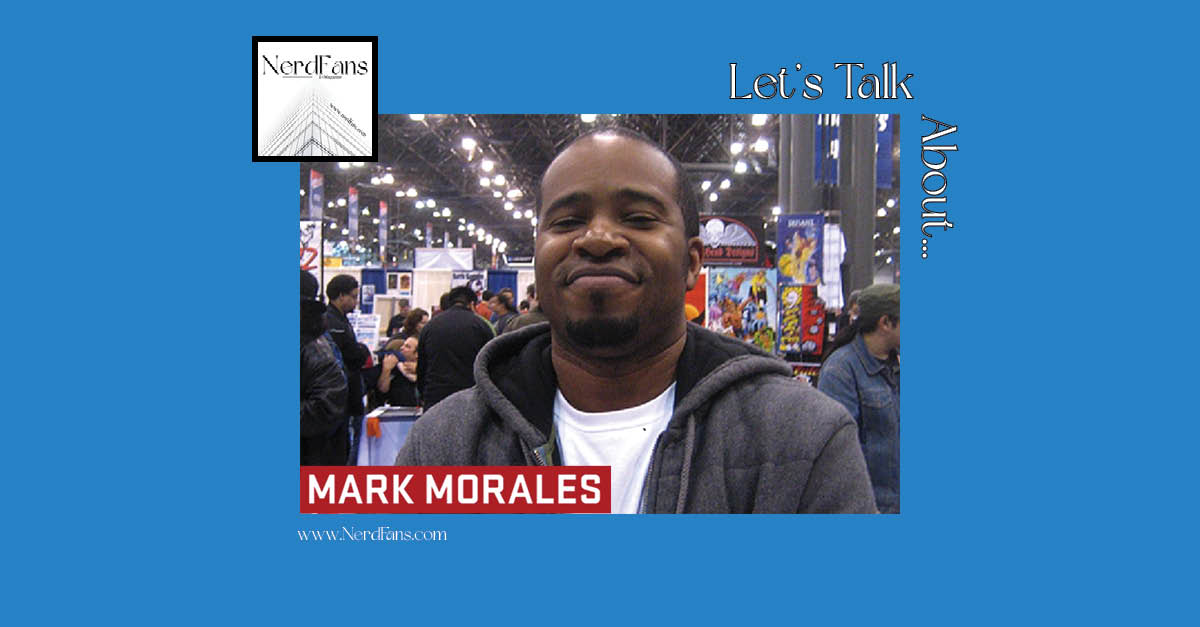A Sales Team reason for rejection
I’d love to tell you that publishing board is never hostile, that it represents an ideal of democratic process and respectful restraint…but it just doesn’t.
Sometimes, I have to admit, a publishing board meeting resembles a rowdy soccer match—except that we’re not blowing on Vuvuzela horns. Oh sure, we try to get along—after all, we have to work together every day. But sometimes tempers flare, grudges form, and well, you can guess the rest.
I still remember vividly a time when I managed to provoke an overly hostile reaction from a production VP during a publishing board meeting. OK, I didn’t call him a flat-out liar, but I did suggest that perhaps his version of the truth wasn’t consistent with reality, and I showed the data to back me up. The guy was huge—ex-military, all crew cut and biceps. He promptly let me know he’d be happy to walk with me to the parking lot where his fists would show me what to do with my data. I politely declined. (Yikes!)
Other times I’ve sat silently by and cringed while shouting matches raged between editorial directors and sales VPs, when people stormed out the room in protest, and when we all just had to take a break because we were exhausted from arguing. Publishing board is sometimes just a hostile work environment, and sadly our executives are most often the ones behind that situation.
But I’ll tell you, those obviously hostile confrontations are much desired over the ones that simmer below the surface. I once had a Sales VP approach me and practically beg me to put together a proposal for a certain project. He guaranteed it would pass because his sales team would support it 100%. So I did what he’d asked for.
Then, during publishing board, when all the executives were present, he delivered a complete 180-degree opposite argument, using my proposal (that he’d shaped and requested!) as a tool for belittling my boss and the “inadequate ideas” we were supposedly trying to foist on his sales team. His hidden, hostile agenda won the day, and put my boss’s career in jeopardy as well.
Ouch.
Now, to be honest, these situations I’ve described are more often the exception than the rule. Most of the time, most publishing people are consummate professionals—including the two jerks I mentioned above. Still, if you’ve worked in any office environment at all, you know that politics and posturing runs rampant in the hallways—especially among executives with big egos and much to gain or lose.
Why do I tell you this? Because, it’s possible that the rejection letter you received yesterday was actually undeserved. It’s rare, but it could be that you were the collateral damage of some unseen pissing contest going on at the highest levels in my publishing company.
So, you know, sorry about that.
What You Can Do About It
1. Stay out of the fray.
Look, I told you about this reason for rejection just because it exists, not because I expect you to actually get involved in a fight between a Sales VP and your editorial contact. If you hear of a conflict brewing in the management team at a publishing house, just don’t pick sides. Don’t commiserate with your editor and send an email complaining about those shortsighted folks in sales. Don’t try to defend the sales team to your editor. Just accept the news and then ignore it.
Although political turf wars in a publishing house may affect your business (whether or not you’re able to publish), they’re really none of your business. It’s a family affair, and you’re not in the family. So just stay above the fray and avoid saying or doing anything that appears to make you choose sides.
2. Get along with the sales team.
If you have an opportunity to meet members of a publishing house’s sales team—say, at a BookExpo America convention, or during a tour of a publishing company, or whatever—be sure to suck up a little bit. Don’t be insincere, of course, but do treat these people with respect and regard. Take time to admire the quality of their work, especially under difficult circumstances. Ask what an author like you could do to make their jobs easier. Generally be the kind of person that salespeople like. That’ll make life easier for you—and for your editor.
3. Be better than the politics.
The best way to overcome a sabotaging spirit within a publishing house is to come up with a proposal that’s such a can’t-miss project, no one in his or her right mind would turn it down.
If you’re thinking like my Sales VP (and you should be), then you can manipulate my Sales VP into liking your proposal in spite of her personal dislike for me or my boss. Make your book something that’s so salesworthy, that she’d actually be harming her whole department—and her own career—in order to strike out at me by rejecting it.
Hey, excellence trumps pettiness every time. So be excellent. Period.
Looking for more? Check out these links:










